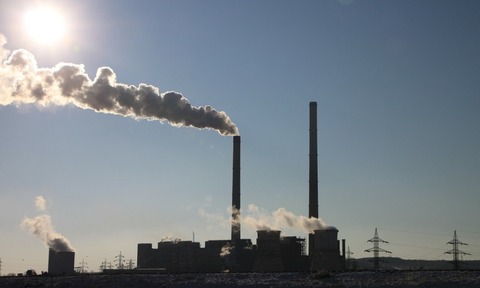Recycled CO2 method could lead to biofuel production
8 Jan 2017

Researchers at the University of California have developed a new method of converting CO2 into carbon monoxide, which could be used to create biofuels and various chemical products.
The researchers found that elements of the bacterium Azotobacter vinelandii could be expressed to convert CO2 to CO.
The intracellular environment of the bacterium was shown to favour the conversion of CO2 in a way that would be applicable to the development of large-scale production of carbon monoxide, the researchers said.
A full account of the research has been published in the journal Nature Chemical Biology.
Yilin Hu, UCI assistant professor of molecular biology & biochemistry at the Ayala School of Biological Sciences who led the research, said: "Our observation that a bacterium can convert CO2 to CO opens up new avenues for [the] biotechnological adaptation of this reaction into a process that effectively recycles the greenhouse gas into the starting material for biofuel.”
Hu added that the new research could help combat global warming and energy storage.
Readers' Comments
There are no comments on this article, leave a comment below to have your say
Have Your Say
The comments have closed for this article

